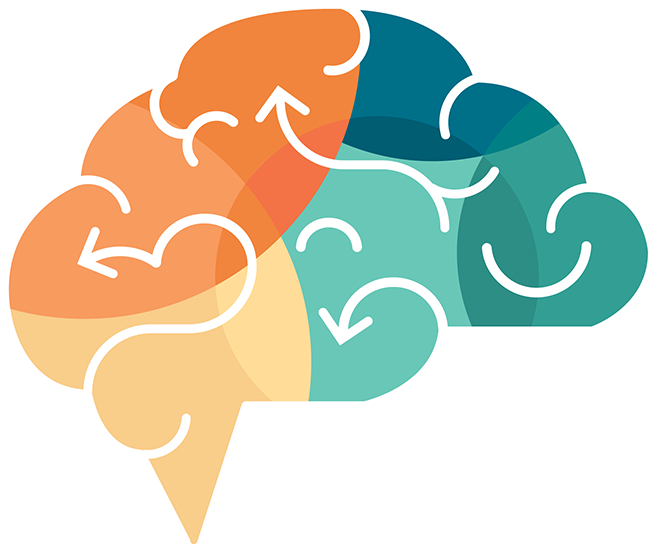About Push to Heal
Vision: Skateboarding as a tool to support healing through regulation, connection and development.
In 2015, Hull received a donation to build the the Matt Banister Memorial Skatepark on our SW Campus. That donation, along with the lens provided by Dr. Bruce Perry’s Neurosequential Model (NM), highlights skateboarding as an activity that supports the needs of the population that Hull serves. The creation of the Push to Heal program led to skateboard-based opportunities as a means of engaging a number of youth and enriching the treatment being provided. The Push to Heal program also contributed to a deeper understanding of the impact of skateboarding on healing as well as the development of best practices in the international social skateboarding community. Push to Heal is part of Hull’s Pathways to Prevention: A Centre for Childhood Trauma.
The Therapeutic Value of Skateboarding
Children that come to Hull often have histories of trauma and marginalization. They come to Hull with underdeveloped social skills and have had few opportunities to participate in rewarding recreational activities. Skateboarding provides a unique and alternative approach to emotional regulation, education, development, and healing.
The impact that occurs in the context of skateboarding is aligned with what we have learned from the Neurosequential Model approach. Youth on skateboards build their skills and confidence in a step-by-step sequential manner which allows them to begin to grow their social skills, their confidence, and their ability to manage themselves and their emotions. Preliminary data from a study done in partnership with the Mathison Centre shows that skateboarding decreases psychological distress, increases emotion regulation, and self efficacy (see below for more detailed information). Once the children at Hull have learned to skateboard, they have the capacity to continue to utilize this pro-social and regulating activity throughout their lives.
Event Information
Stay tuned for registration information for upcoming events.
Training Information
Stay tuned for registration information for upcoming training opportunities.
For more information contact
JOEL PIPPUS
PUSH TO HEAL PROJECT LEAD
TRAINING & EDUCATION FACILITATOR







